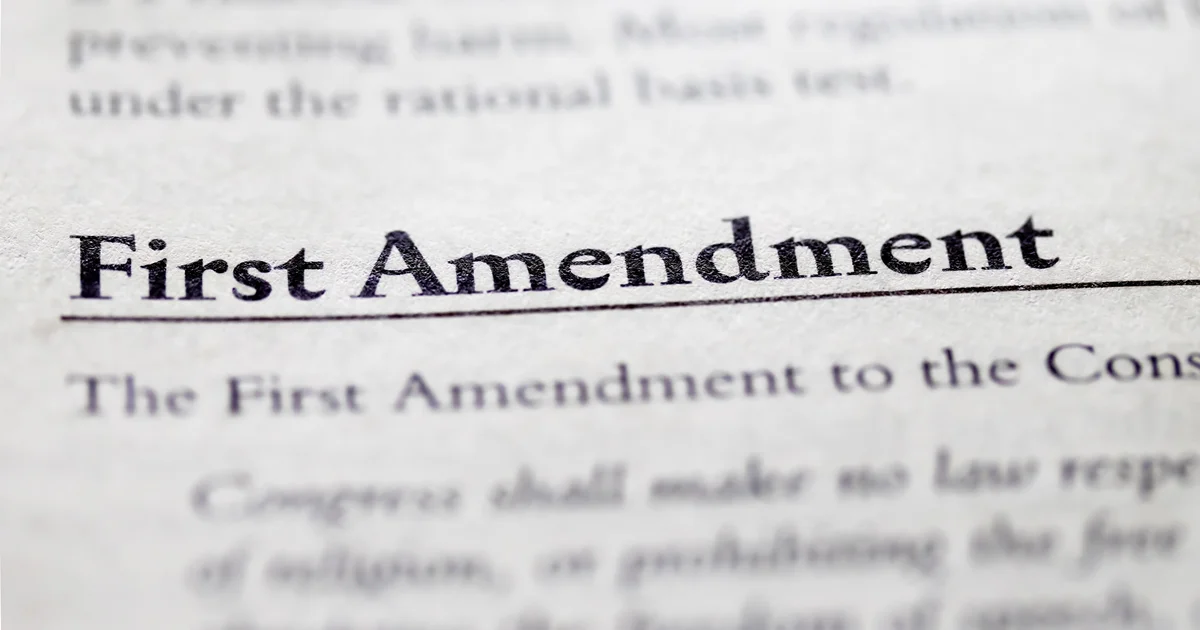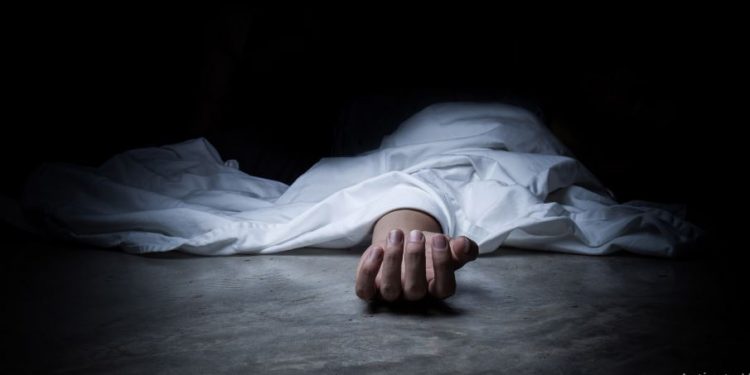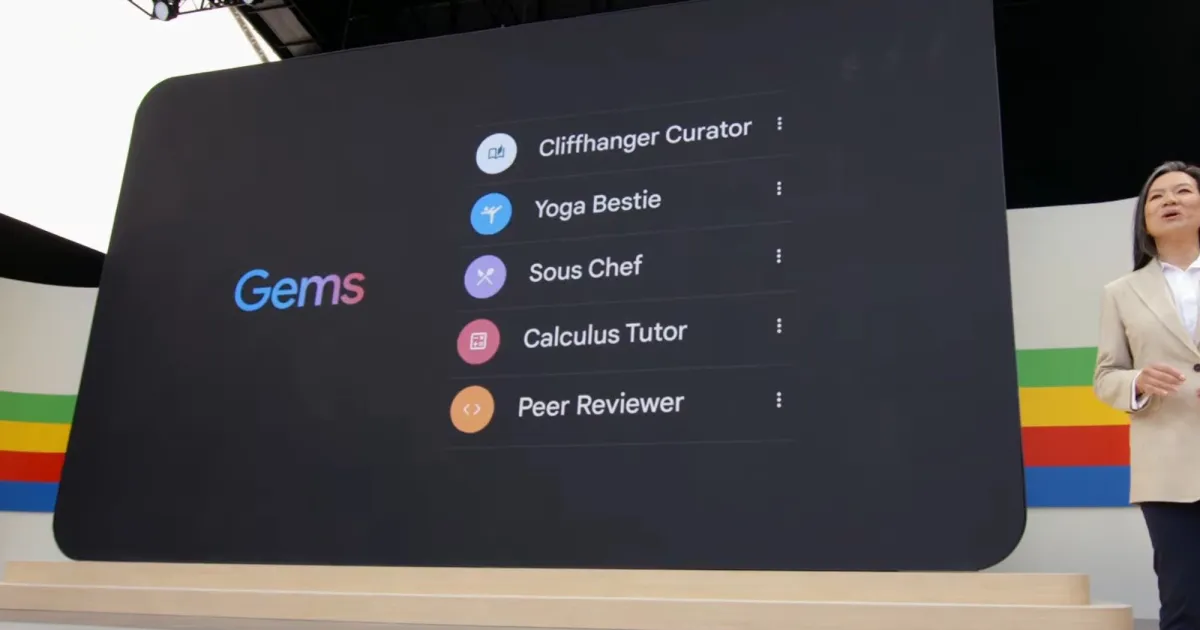North Texas labor law attorney explains why government employees have more free speech protections than workers at private companies

After conservative activist Charlie Kirk’s assassination, many reports surfaced about companies firing their employees after making what they believed were inappropriate comments.
Workers in the private sector
Labor law attorney Rogge Dunn of Dallas told CBS News Texas that when it comes to free speech rights, workers in the private sector have few protections. “A lot of people don’t know it as an employee, you don’t have any First Amendment speech rights. The only exception to that is if you speak out about terms and working conditions at your employer, not getting paid overtime, we don’t have enough vacation time, the benefits aren’t good, or the workplace is unsafe, that type of speech about the workplace is protected by the NLRB (National Labor Relations Board),” said Dunn.
“But the First Amendment does not protect individual employees that are employed by private employers. We also saw this when people made comments in social media accounts that were anti-Black Lives Matter and those companies fired some of those employees and they had no free speech ability to sue over it.”
Government employees
But Dunn said when it comes to government employees, they do have free speech protections. “The First Amendment prevents the government from abridging your free speech rights. So, no matter the government entity, whether it’s the Department of Justice, whether it’s a local school district, you do have free speech protections.”
The Texas Education Agency said Friday that it is investigating nearly 300 complaints filed against public school teachers who made comments on social media about Kirk’s killing. If those teachers are found to have called for or incited further violence, they could have their certifications suspended and they could lose their ability to teach in public schools in Texas. It would be up to the school districts to decide whether to fire the teachers in question.
Dunn said, “It depends on what they said. There’s a couple of nuances for free speech protections for teachers. If they made their statement in their official capacity, if they’re teaching a class while making this statement, it probably is not going to be protected speech. If they made it as a personal expression, of their own personal news, it’s going to be protected unless it is extremely vulgar or it’s inciting violence or riots.”



